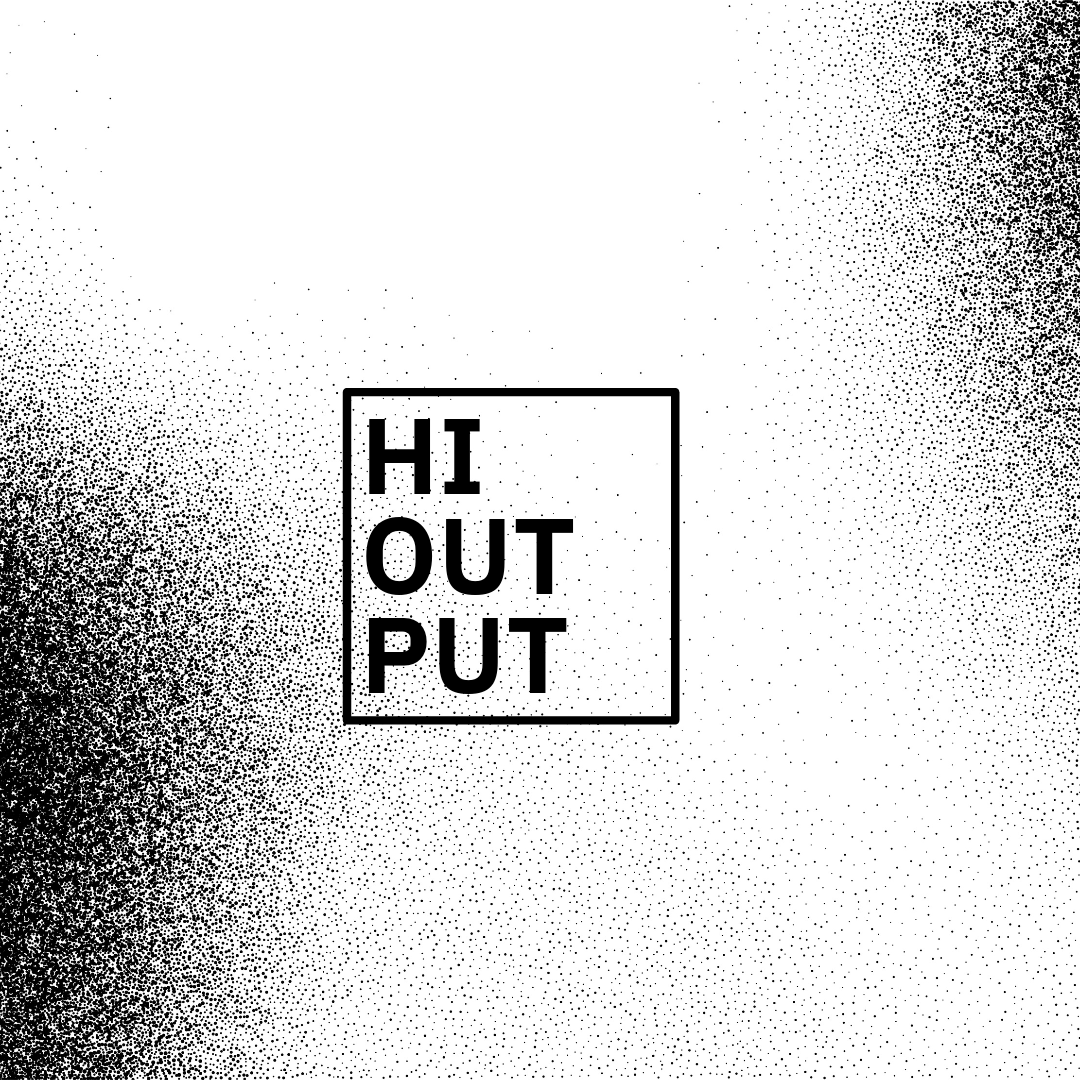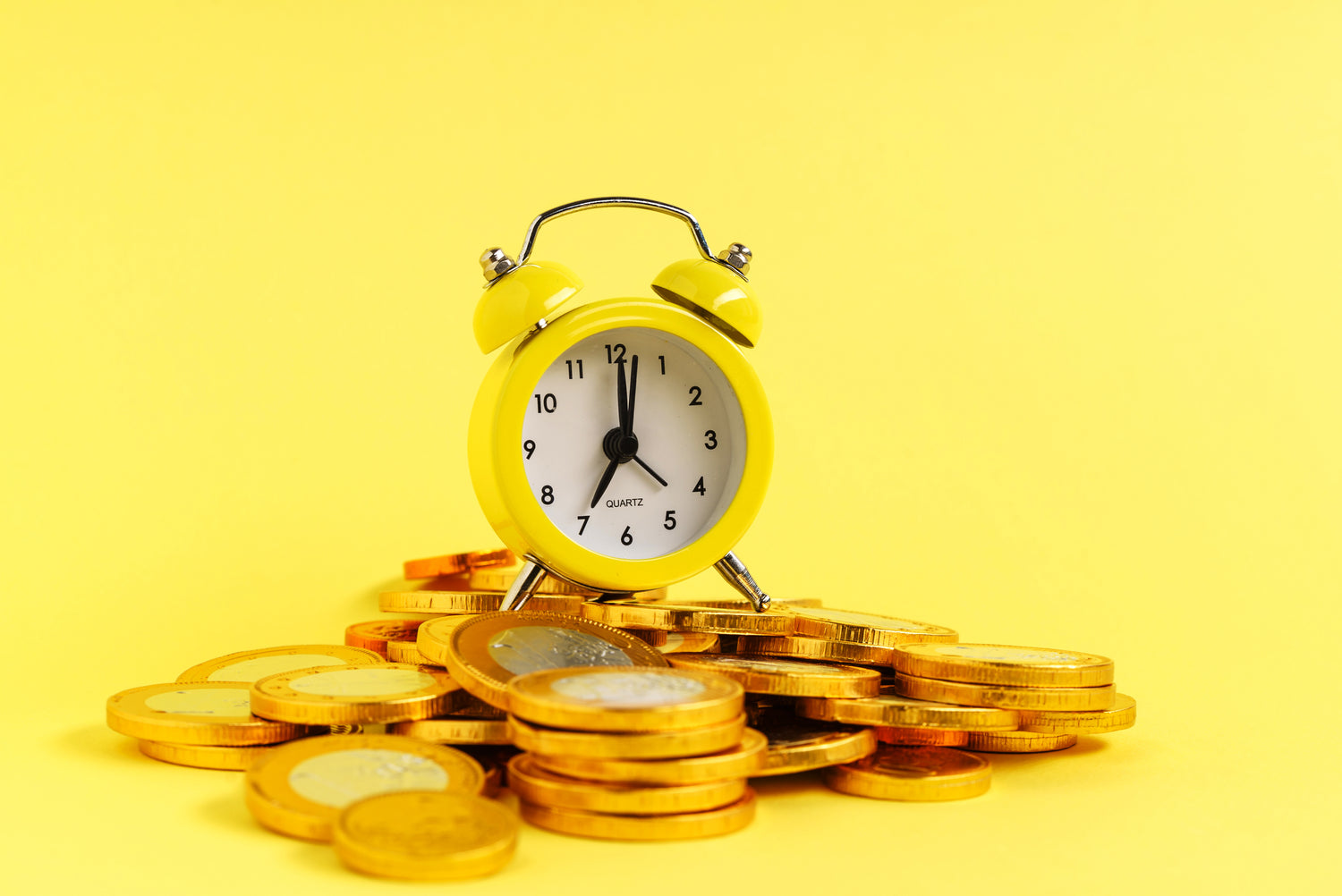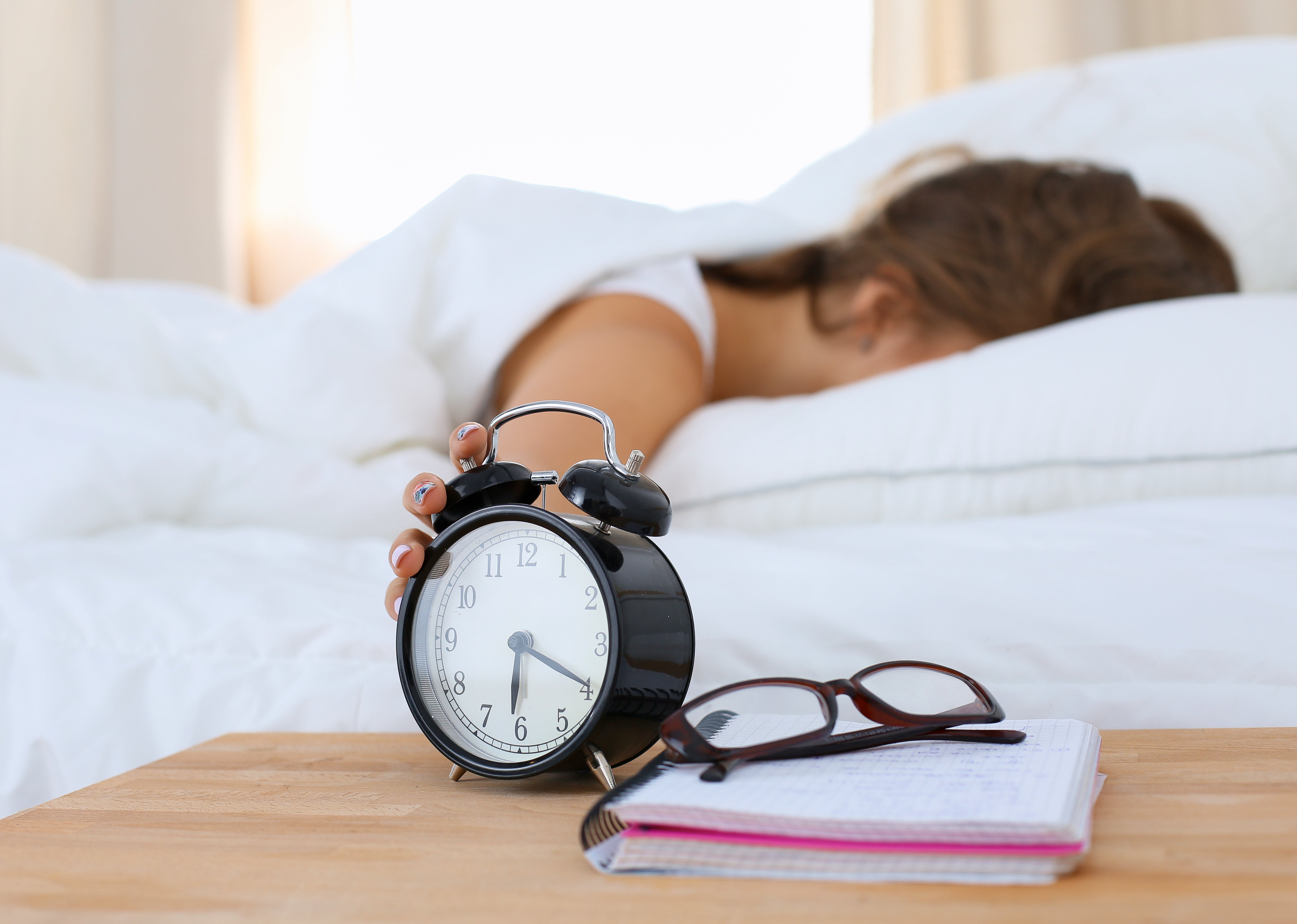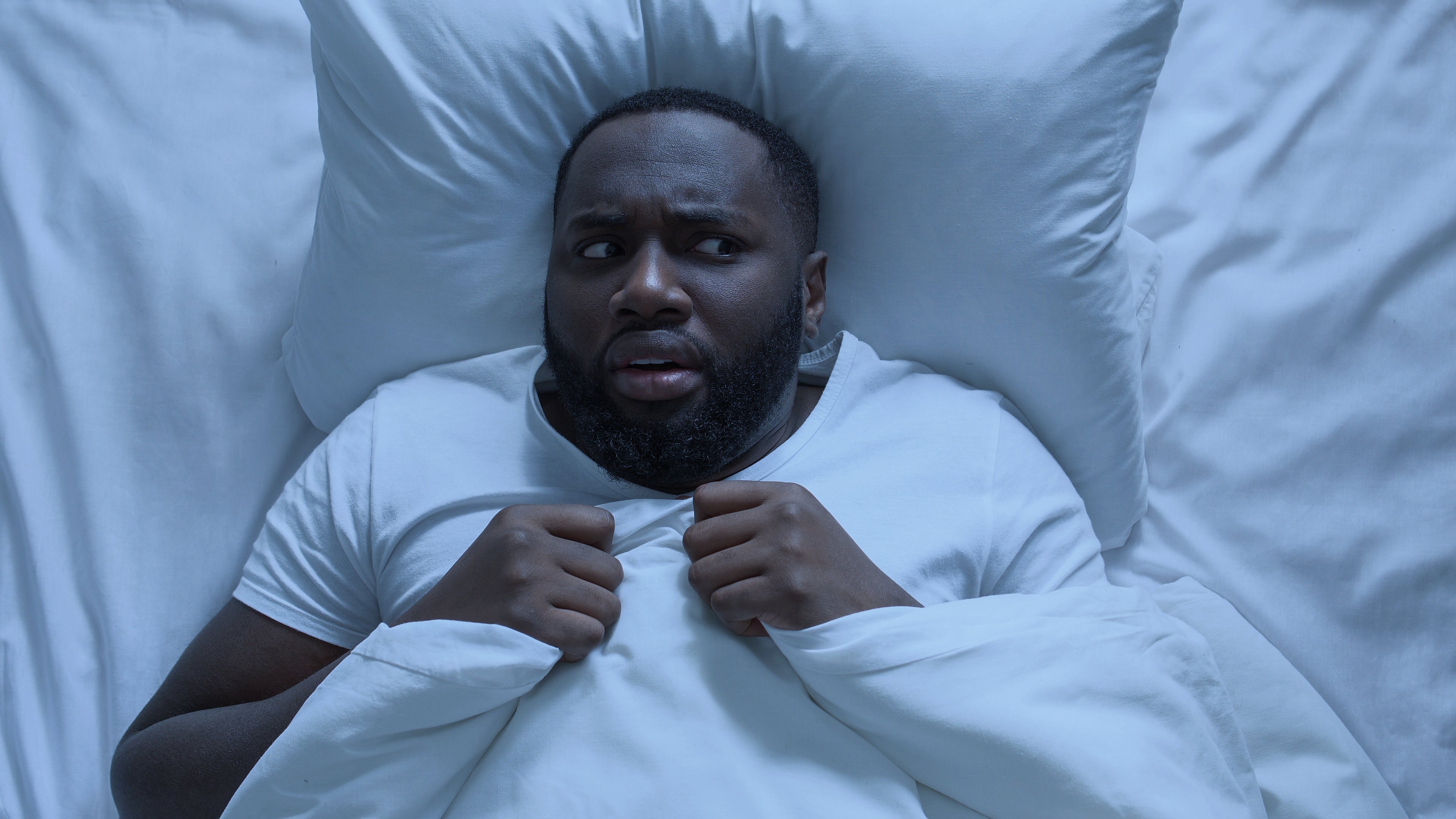Blog #4 in the series on Mental and Physical Performance, Context: Male 28 years old
Note: The contents of this post are derived from Why We Sleep by Matthew Walker. I have included page number references where possible, for the rest I have linked the associated article.
One of the most conceptually simple by practically challenging elements of sleep is knowing if you have had enough. The common literature describes declines in memory, attention span, focus, reaction times etc. as clear indicators, but without anyway to realistically measure or establish base lines for these that answer becomes a bit more complex. Furthermore, most of us assume that if we are tired we must be sleep deprived, but vigorous exercise or a stressful meeting can influence our energy levels outside of sleep alone. So how can we tell?
The following are a few tests that may be able to better pinpoint this answer.
- Quantity: When is the last time that I got 7-9 hours of uninterrupted sleep? If the answer is greater than 24 hours ago then it is likely that you are in some level of sleep deprivation.
- Quality: Do I feel like I need to fall asleep prior to noon or rely on coffee to keep me energized enough to stay awake during this period? (source)
- Physical Test: [This will sound dumb but if you can think of a test that utilizes the same principles have at it]. During the daytime, enter a darkened bedroom and hold a spoon over a ceramic plate while laying down, (or any combination or items that will create a sound when dropped against one another). Set a stopwatch and close your eyes in an effort to fall asleep. Once you do your hand will relax and the spoon will fall waking you up, check the timer for the amount of time that has passed from eye close to wake up. If the timer shows you falling asleep in less than 5 minutes you are likely sleep deprived, if it took 10 minutes than you likely need more sleep than you are getting, if it took longer than 15 minutes than you are likely getting good sleep. (The same test can be done slightly less accurately with popular sleep monitoring consumer products like the Apple Watch, Whoop, etc. It should be noted however that these devices don’t measure sleep directly (ie. brain waves) but measure heart rate and lack of activity during the night which are proxies for sleep but not sleep itself. For the most accurate measurements measuring REM cycles at a sleep clinic is a final solution.
Failing any one of these tests is sufficient to qualify you as sleep deprived, if you are or just want to know how to maximize your sleep the next time you head to bed read on for more information.





Leave a comment
All comments are moderated before being published.
This site is protected by hCaptcha and the hCaptcha Privacy Policy and Terms of Service apply.